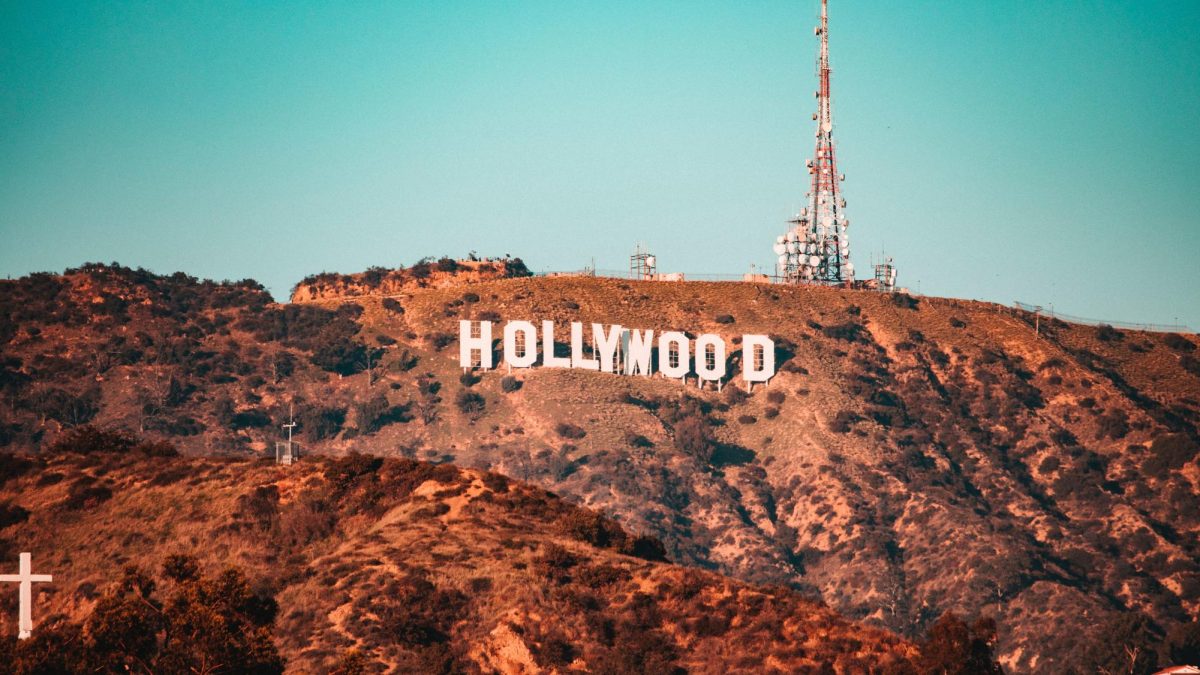In a new age where Artificial Intelligence is slowly becoming a part of our everyday lives, writers have to now find a way to coexist with technology that is threatening their jobs.
Concern and worry sparked all throughout the writing world as AI began its rise amongst the classrooms and the workplace. They feared that studios would replace the special human creativity with AI to reduce the writers’ role in the creative process, and thus, challenging their earnings and artistic integrity.
On Sept. 27, the second longest strike in Hollywood history came to an end. The writers’ strike lasted for five months with the Writers Guild of America, representing the writers of Hollywood, fighting against low-pay in the wake of streaming services. The writers and Alliance of Motion Picture and Television Producers came to an agreement.
Within the new MOA, simplified memorandum of agreement, it addresses AI and its established role within the film industry. The MOA states, “A writer can choose to use AI when performing writing services, if the company consents and provided that the writer follows applicable company policies, but the company can’t require the writer to use AI software when performing writing services.” Even though technically generative AI is still on the table for writers and studios to use as a tool, it prohibits using software to reduce or eliminate writers and their pay which is a sigh of relief for Hollywood writers. This is a remarkable victory for writer’s rights and guarantees credit and compensation for their creative works.
The question now is, what happens next? Will Hollywood be changed forever?
Studio productions are no stranger to using added visual effects to their advantage to tell a story. For example, Disney has used many opportunities in the “Star Wars” series to bring back characters such as Princess Leia and Grand Moff Tarkin in Rogue One, and Luke Skywalker in The Mandalorian by using de-aging technology.
Because of the already advanced technology being used in Hollywood, some don’t see a problem with the inclusion of AI. The Creator’s director Gareth Edwards, talked about his experience with AI and his predictions for the future with AI in an episode of The Hollywood Reporter‘s Behind the Screen podcast.
“I don’t think AI wants our jobs at all,” Edwards says. “It is an amazing tool. It is going to disrupt a lot of things. We will get to the side of it and I think we will be grateful that it happened. Just like all the other big technological advances like cars, electricity, home computers, the internet, it’s going to change things.”
On the other hand, there are many people in Hollywood that disagree with this notion and believe that the balance between AI tools and technology and people are going to start to become a problem. Well established directors, Tim Burton, Wes Anderson, Guillermo del Toro, and Hayao Miyazaki, recently spoke out for their concerns of AI and imitating their artistic integrity and style. Joining the directors’ distaste, actor Bryan Cranston recently stated on a picket line that attempts to adopt AI “as a normal operating procedure” are “literally dehumanizing the workforce.”
With the Writers’ Guild of America and major studio production companies coming into agreement that AI should be used as a tool rather than a replacement, there is still fear of productions training AI with writers’ work. This fear leads to still ongoing questioning of the future with Hollywood and AI even with the strike coming to an end.
The film industry has had a tough break in recent years with the pandemic, the writers’ strike and SAG-AFTRA’s strike (which is still ongoing) halting production, and now talks of AI replacing actors, writers, and editors. It is hard to know what kind of an effect this will have on Hollywood. This agreement is the first step toward making a change and savoring creative integrity on the screen.









